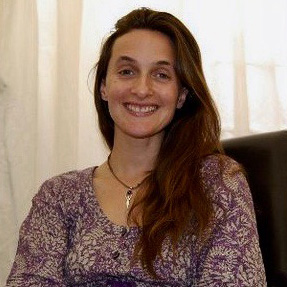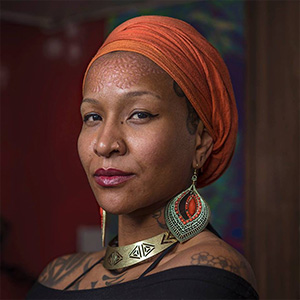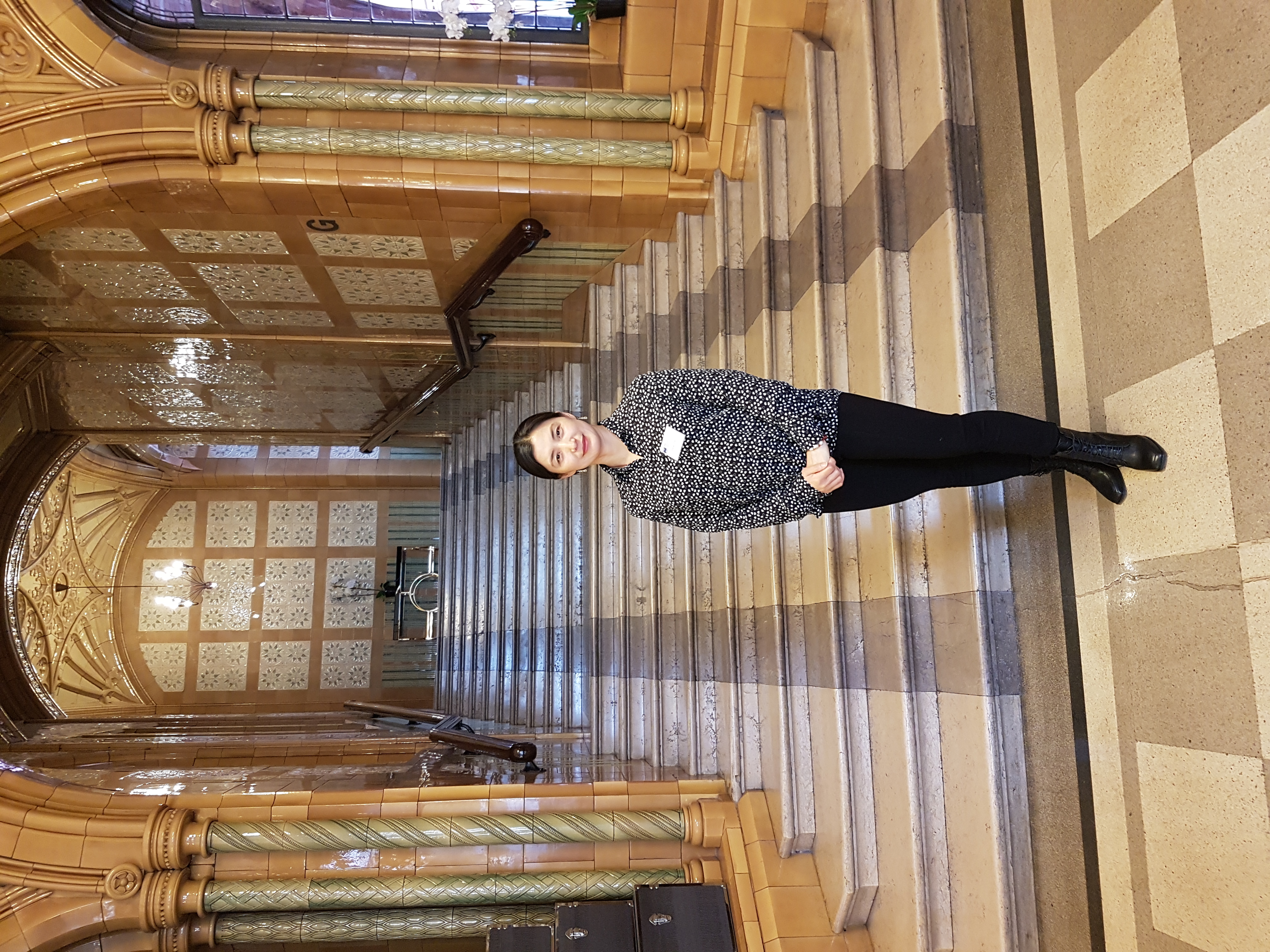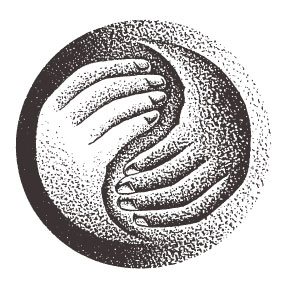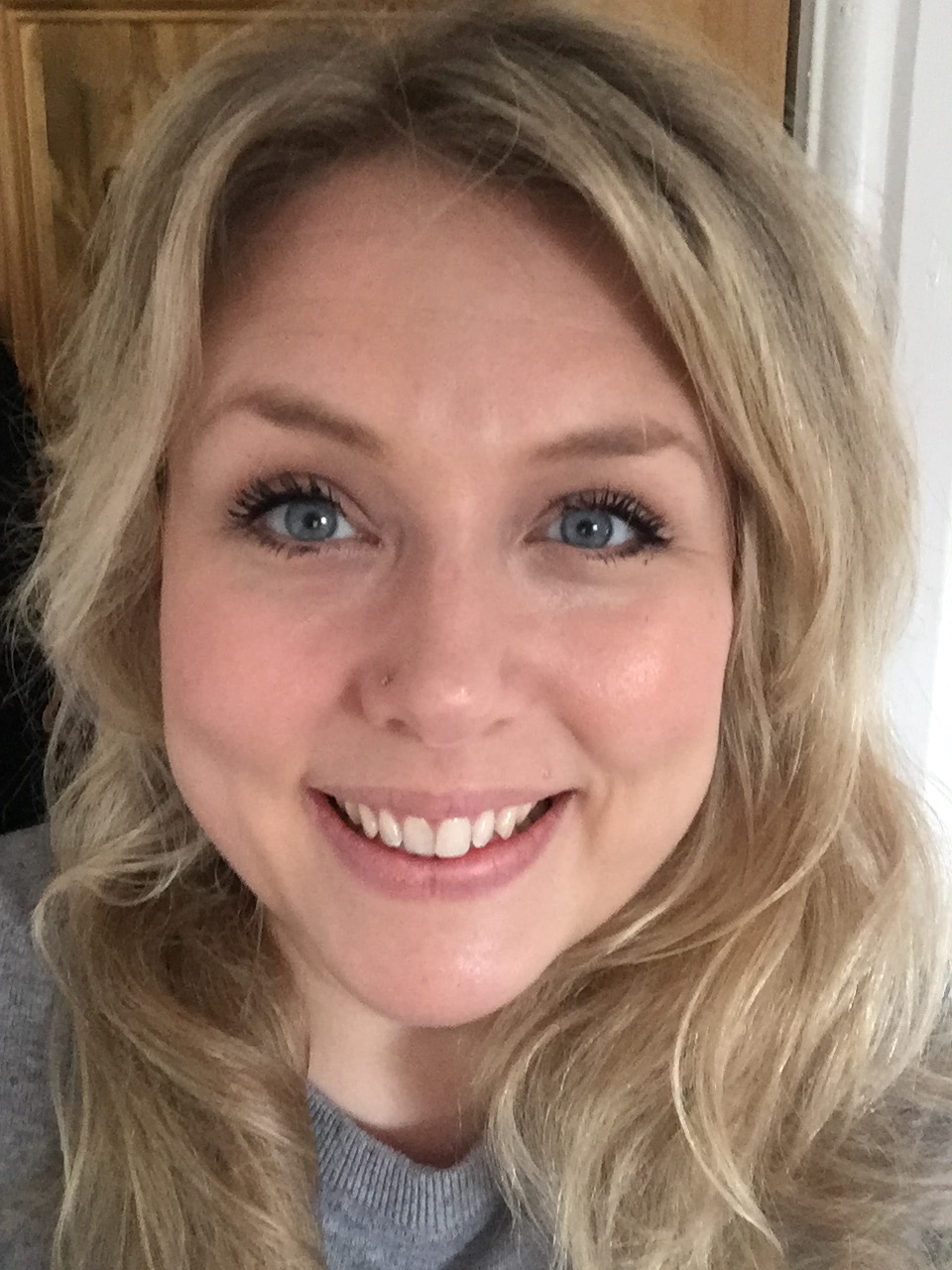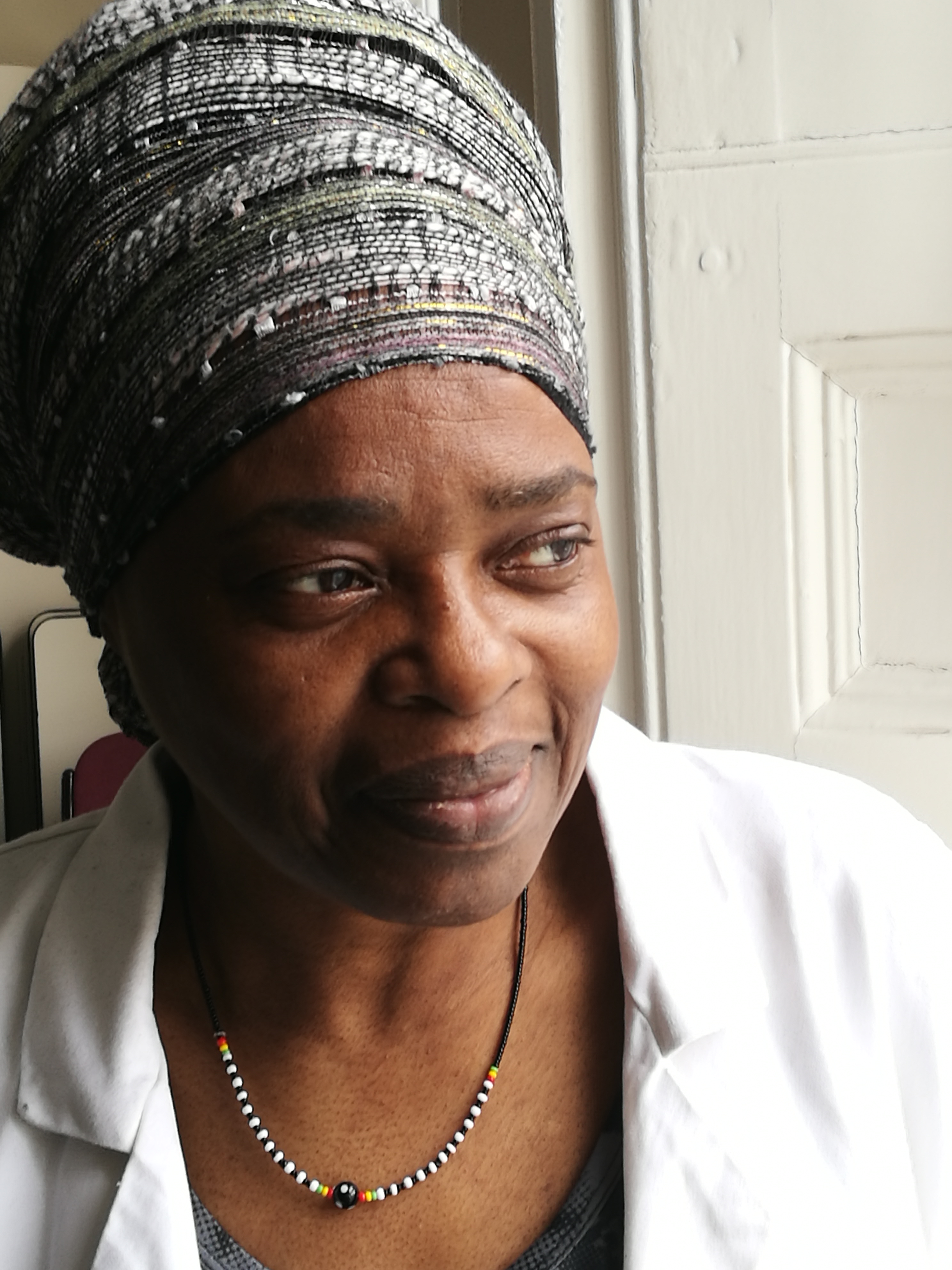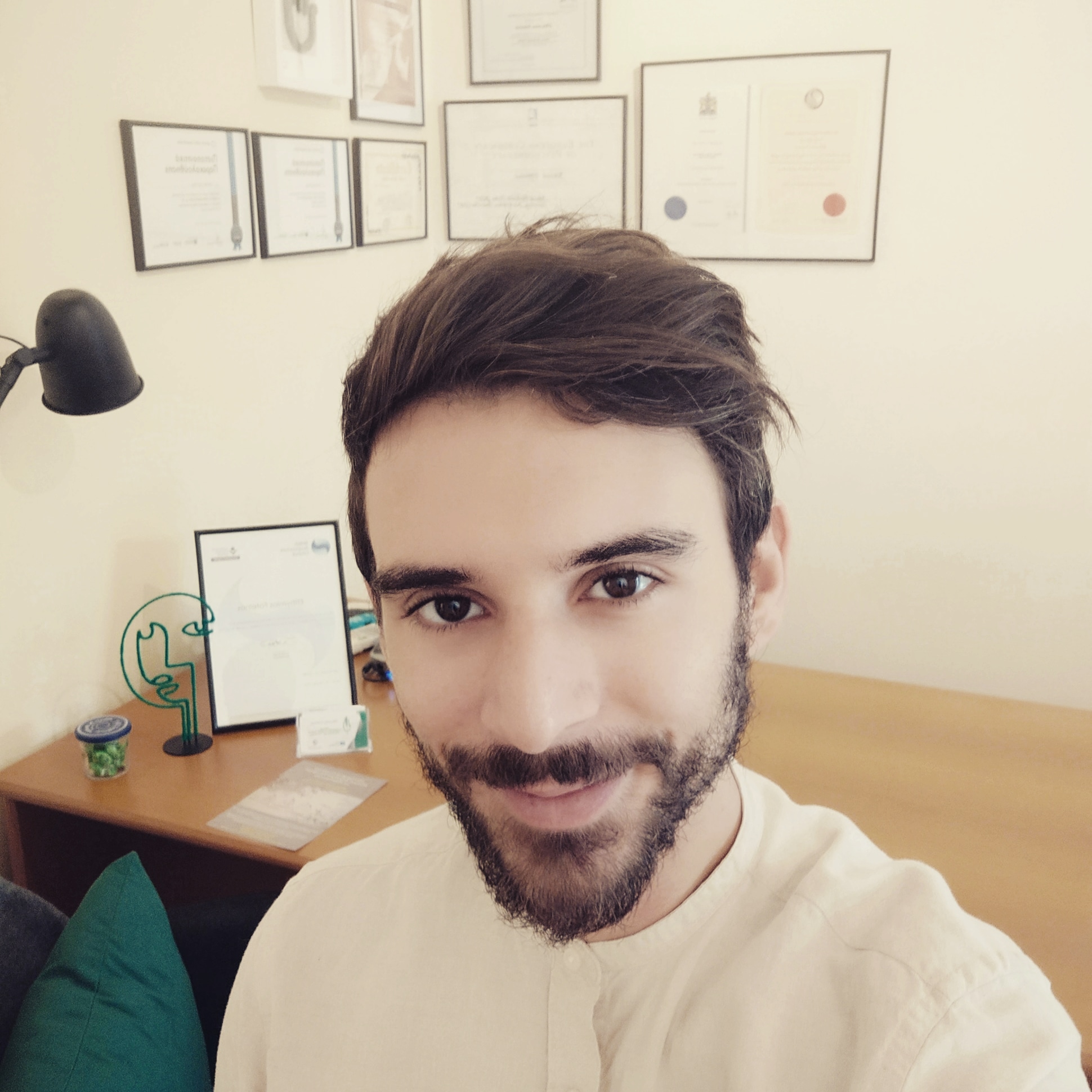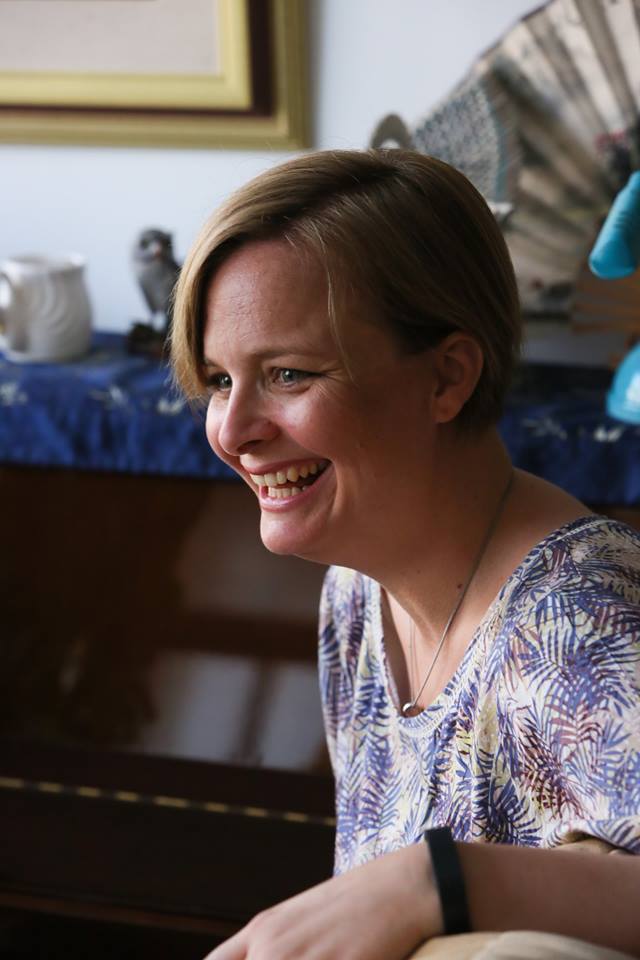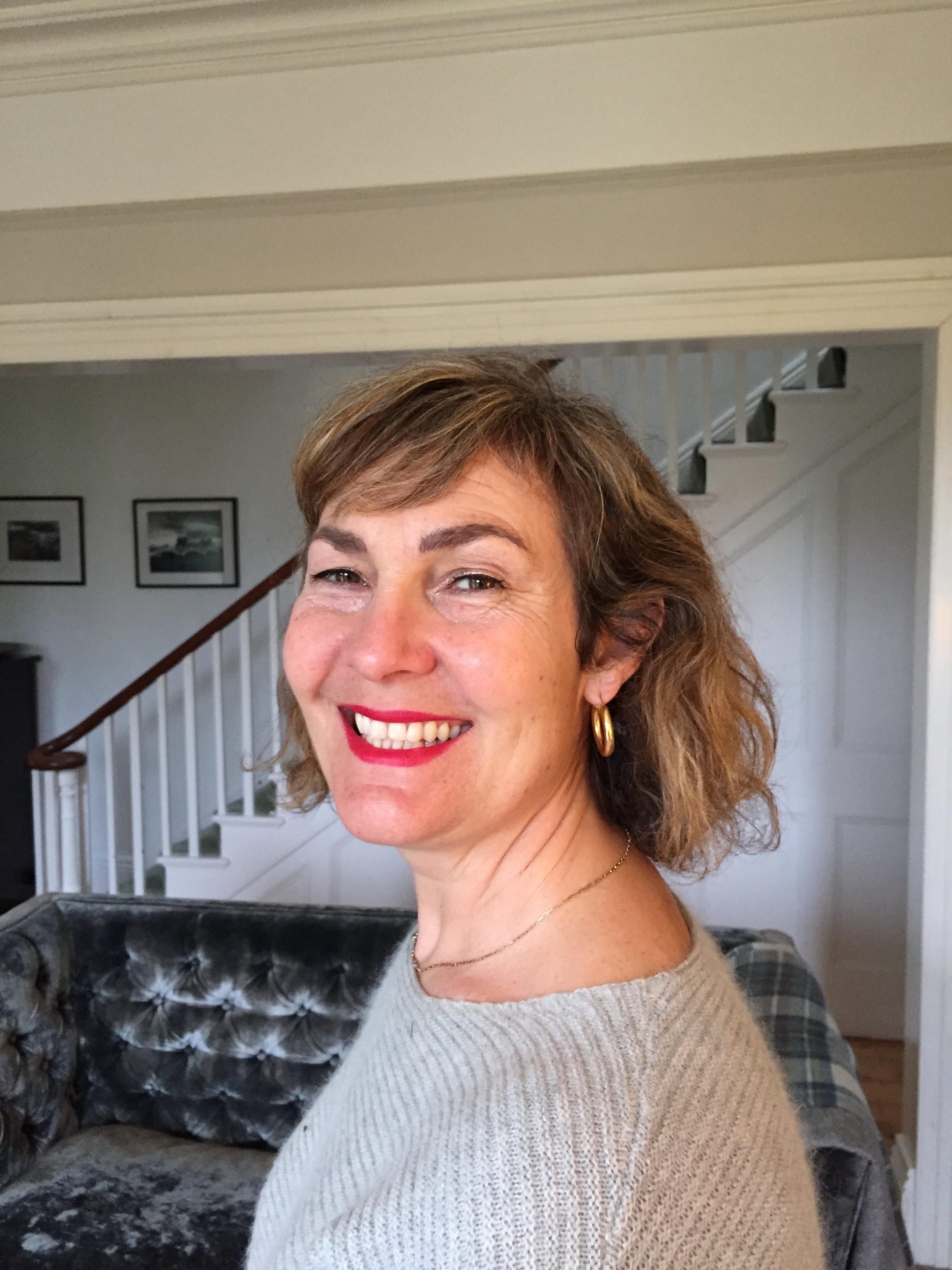Academic Misconduct, Plagarisim and Cheating
- Types of cheating in assessment
1.1 Cheating is defined as any attempt to gain an unfair advantage in assessments or to aid another to gain such an advantage e.g. by allowing their work to be copied.
1.2 In examinations, cheating includes:
- Taking 'crib' notes or any unauthorised materials into examinations
- Obtaining an advance copy of an 'unseen' examination paper,
- Unauthorised communication during an examination (including telephone)
- Copying from another candidate
- Impersonating another candidate
1.3 In coursework, the main type of cheating is plagiarism i.e. knowingly presenting the work of another as one’s own (see attached guidance on plagiarism). This can also include presenting work done by a group as if it had been done by an individual.
Other examples of cheating in coursework are:
- Presenting work such as reports (e.g. Traditional Diagnosis reports) or projects based on interviews conducted or data collection work purported to have been carried out by the student but which is incomplete or has not taken place
- Falsifying data.
1.4 These examples are not definitive and the College and Kingston University reserve the right to include other types of cheating under the terms of this procedure.
- Policy on cheating
2.1 The College and Kingston University view the act of cheating very seriously. These procedures are designed to ensure that students accused of cheating are treated fairly, but that the penalties are sufficient to ensure that no student gains any advantage over other students by this conduct.
2.2 In the case of plagiarism, the College and Kingston University have a specific policy but the processes and penalties for dealing with this form of cheating are as stated below.
3.1 Any accusation of cheating shall be raised with the relevant members of staff (Academic Director and Dean) who shall judge if there is reasonable evidence to warrant an enquiry.
When the allegation arises from an incident in an examination room, the evidence will include the script, any materials collected in the room and the Invigilator's report.
3.2 The student will be interviewed by the Dean and the Academic Director and will be provided with the details of the allegation and a copy of these procedures. The student may be accompanied by a friend and should be advised to contact the Advice Centre of the Kingston Students’ Union (KUSU).
3.3 If, after the interview the staff consider that there is insufficient evidence, the process should then be terminated, a report made to the student who is the subject of the allegation and to the member of staff or student who raised the issue for their information. No record should be retained on the student’s file.
Note: If a student declines to attend the interview without good reason, the case will automatically be referred to the Module and Progression board and treated as if the student had denied the allegation.
Stage 2 Formal Hearing
3.4 When the matter is referred to the next stage of the process, a panel consisting of the Academic Director, the Dean, and one other member of the senior teaching staff (joint Principal, Programme Leader) will be convened.
3.5 The panel shall interview:
- The student who may present documentation and/or supporting evidence and may be accompanied by a friend
- Any relevant members of staff.
If the student still denies the allegation, the panel must decide either:
- a) There is reasonable evidence of cheating. The work in question will be marked as FP and a summary report presented to the Module and Progression board, setting out the nature of the allegations and the conclusions of the panel concerning the level of penalty to be imposed. A copy of this report should be provided to the student;
or
- b) There is no reasonable evidence of cheating. The process should then be terminated, a report made to the student who is the subject of the allegation and to the member of staff or student who raised the issue for their information. The record should be retained on the student’s file.
3.6 If the panel is unable to reach a consensus view, it shall find in favour of the student and provide a statement to this effect to the student. This statement will remain on the student’s file.
Note: If a student declines to attend the interview without good reason, the panel will decide on the basis of the evidence and treat the non-attendance as equivalent to a denial of the allegation.
Stage 3 Module and Progression Board
3.7 The student’s results together with the report of any inquiry panel will be considered by the Module and Progression Board. The board will use its discretion in the light of the seriousness of the offence to decide on the consequences for the student.
The Module and Progression board has discretion to judge the most appropriate penalty for each individual case of cheating. Disagreement with this judgement cannot form the basis of any appeal by a student.
4 Penalties
4.1 The penalties imposed should be fair and should be based on the following principles:
- No student should gain any advantage over another as a result of cheating
- Students who are accused of cheating for the first time who give a full and frank
account of their actions will have their co-operation taken into account when the
final penalty is decided
- Any element of assessment that is judged to have been the focus of cheating will
automatically be recorded as zero and the module result declared to be void. If
reassessment is permitted it will not normally be by retake
- The assessment board will normally impose a fail grade for the module
- If reassessment is permitted, it will not normally be by retake
- Exceptionally, if the student is new to the University, it is a first offence and there
is no evidence that the cheating was planned, the penalty of an automatic failure
may be imposed only on the element of assessment rather than the module but a
formal warning should also be issued and placed on file until the student completes the qualification
Annex 1 provides a number of examples of penalties for the guidance of Module and Progression boards.
4.2 Where an assessment board agrees to terminate the student’s registration, this is normally done under its powers within the University's academic regulations and not under the Code of Student Conduct arrangements. The student disciplinary arrangements will be used in special circumstances, e.g. if the process has brought the good name of the University into disrepute or criminal proceedings are involved.
Annex 1
Examples of penalties that might be imposed
EXCEPTIONAL
(First offence but student in first year at the University and no evidence of planned, significant or systematic cheating)
- Student allowed to resubmit coursework for a maximum of grade of pass (D- in UMS or C- in PCF)
- Module result allowed to stand
- If module is failed, the normal reassessment rules for the credit level will apply.
STANDARD OFFENCE
(Normally first offence, but student not new to the University and some evidence of planned cheating)
- Element of assessment graded FP
- Overall module result FP, but reassessment permitted by repeat or replace for a maximum pass grade of D- (UMS) or C- (PCF)
MAJOR OFFENCE
(Second offence, first offence covering more than one element of assessment, significant plagiarism of major element of assessment e.g. final dissertation or where cheating involves other offences e.g. stealing work from another student)
- Module result recorded as FP
- No reassessment permitted
- Credit for passed modules at all levels retained, but not eligibility for intermediate awards
- Registration terminated.
APPENDIX 1 PLAGIARISM
This guide has been prepared with the assistance of the Kingston University Academic Development Centre’s document “Plagiarism: What is it and how to avoid it?” to help you begin to understand what plagiarism is, why it is very important in University level work to avoid plagiarism and some hints on how to deal with the issue. It is aimed at all students studying on any CICM course.
This guide is only a starting point to get you thinking about the issues. More information is provided in the guide to referencing (Admin 028) on the particular conventions used for describing and making absolutely clear the sources of information you use in your work. You will also need to develop the necessary skills in using various sources of information and how to indicate what they are in your work.
It is your responsibility not to plagiarise and it is the policy of CICM and Kingston University to always follow up suspected instances of plagiarism and deal with them very firmly indeed. (See the “Academic Misconduct: cheating in assessment” regulations above) which detail procedures and likely penalties.
Clearly you will not want to put yourself in the position of losing marks or failing modules because you have not tried to understand the importance of not plagiarising, or have not used the referencing and bibliography guidance given or because you hope that trying to gain advantage by plagiarising will go unnoticed.
In summary, it is your responsibility to avoid plagiarising. We cannot, and will not, distinguish between unwitting or accidental instances and deliberate attempts to deceive.
WHAT IS PLAGIARISM?
Plagiarism is defined as follows:
Presenting the work of another as one's own without proper acknowledgement.
This definition applies to written material, for example, encompassing direct quotations and summaries/paraphrases, and other forms of original work, for example, music, art and design works, images, drawings, diagrams, data, computer programmes, ideas and inventions.
It includes:
- Published and unpublished sources, including the work of other students;
- The need to cite contributions of others to composite pieces of group work;
- Reuse of one’s own work;
- Unacknowledged use of a wide range of ideas and materials, not just the written word.
It is important to stress again that plagiarism can be of published and unpublished work, including the work of other students. It not only includes failure to acknowledge direct quotations/use of original material but also failure to acknowledge summaries and paraphrases/adaptations of the work of others.
It must be emphasised that it is failure to acknowledge that constitutes plagiarism. Don’t think it is wrong to use the work of other people incorporated into your own. This is explained in the later parts of this guide.
The definition incorporates several forms of “academic misconduct” (better known as cheating). These include collusion, copying, syndication (sharing the workload when directed not to do so) and duplication (using the same work more than once). Plagiarism is just one form of cheating; another, for instance, is cheating in Examinations (see above rules on Academic Misconduct – cheating in assessments.)
WHY AVOIDING PLAGIARISM IS SO IMPORTANT
Knowledge and ideas have been produced by people. This gives rise to the idea of the ownership of intellectual property. Taking other people’s intellectual property without acknowledgement is regarded in the academic world as theft, as serious as the theft of material possessions of another person (this is why, for example, we have copyright and patent laws).
There is a lot of evidence that shows that students coming into Higher Education do not realise, or think, that plagiarism is important or serious, whereas Universities regard plagiarism very seriously indeed (in fact, many tutors would say that plagiarism is the most serious form of cheating). Why is there this difference of view? The raw material of universities is knowledge and ideas. If you plagiarise you will not develop these skills and inevitably will not do as well as you could have done in later parts of your course.
The need to acknowledge the intellectual property of others may not have been introduced in your previous education. Indeed, you may have aimed to produce the best possible examination answers etc. almost as if the knowledge and many of the ideas were your own. We will help you to understand our requirements, but after that it is important that you comply with them.
SOME WAYS TO AVOID PLAGIARISING
- Seek advice. If you are not sure when to, or how to cite other work, ask for advice. Re-read this guide, re-read your References and Bibliographies handout, look in your course materials, ask your tutors for help.
- Citation and Bibliographies. You will be taught the particular conventions for citation of the work of others and the form of the bibliographic references, list of sources you have used (to include at the end of a piece of work).
- Always cite the work of others and include a reference list and bibliography at the end of your work. Your handout, References and Bibliographies, explains the difference between a reference list and a bibliography. They may include general reference works you have used which provided background, secondary information that it is difficult to cite in detail in your text (see primary and secondary sources below).
- World wide web sources. Always quote the complete URL of any material you use as well as date, title, author etc. (e.g. www.kingston.ac.uk/library/e-resources). Remember that many academic texts, journals and articles can be accessed via the web, in which case citing the paper published version is usually acceptable, although it is useful for readers to have the web reference as well. However, some materials are only available on the web and you should always give the web address for these.
- Quotations. If you quote anything from a very small extract to a large section word for word from another source (published or unpublished) always use quotation marks and cite the source.
- Summaries and paraphrases. If you summarise or paraphrase source materials do not use quotation marks but always cite the source.
- Use the names of authors, originators of ideas and inventions. One of the best ways of avoiding plagiarism is to remember to include the name of the author or originator of the material you are using. For example, you might write "Einstein developed the theory of relativity and first published his ideas in 1904" or "The theory of relativity is an important stepping stone in our understanding of quantum theory (Einstein, 1904)". This applies to written work and copies or reinterpretation of, for example, diagrams and drawings (obviously you cannot use quotation marks in such cases).
- Primary and secondary sources. You may read and use original source materials (primary sources) and cite them directly. For example, you may have read Einstein's 1904 work noted above. However, you may have read Einstein's work in a text or a review (a secondary source). It is important to distinguish between primary and secondary sources. In general you should try and indicate what you have actually read and researched. So if you have not actually read Einstein's 1904 work, but have read about it in a review or textbook, you might indicate this by citing ("Einstein 1904, in Bloggs & Bloggs, 1998"). Your bibliography at the end of your piece of work would then include Bloggs and Bloggs 1998 but not the original work by Einstein.
- When writing your dissertation, you will be expected to show your skills in finding and using primary and secondary sources effectively.
- What should I acknowledge? You should always acknowledge quotations, summaries and paraphrases, but it is not necessary to cite the sources of every piece of minor factual information. Deciding where originality and new ideas start and where plagiarism ends is not easy and your tutors will help you to do this, but always err on the side of caution.
UNDERSTAND ASSESSMENT
It is very important that you should understand the purpose of assessment in Higher Education. Assessment in Higher Education is designed to test your skills and abilities beyond simply accumulating knowledge. In order of difficulty from "low" level to "high" level these are often stated as:
Know
Understand
Apply
Evaluate
Synthesise
Analyse
During your course you are likely to develop through these stages, from accumulating and understanding knowledge in your subject through applying and evaluating information to synthesising complex ideas and analysing complex problems. Your tutors will help you as you progress through these stages by giving feedback on your work. In order to make progress, it is clear that your work becomes more individual, using the body of knowledge and ideas generated by others but applying them, evaluating them, synthesising them and analysing them. You may eventually generate new knowledge and ideas in projects and dissertations. It is important to realise that if you plagiarise you are:
- Unlikely to develop the skills necessary to tackle the later parts of your course and do well;
- Unlikely to be able to produce individual work and demonstrate that it is original (and again you will not do well).
In summary, in any piece of assessed work aim for the highest possible level in the scale above, citing the knowledge and ideas you are using to illustrate your understanding, application, evaluation etc. Remember it is very, very difficult to plagiarise at the higher levels because the work required of you is likely to be unique and plagiarism becomes very obvious to your tutors.
GOOD PRACTICE IN TACKLING ASSESSED WORK
Citing sources is a good thing. You may feel that using other people's work is a sign of weakness and that you are expected to always produce original work. This is not the case. Being able to find and use knowledge and ideas, to describe them, summarise them, order them and argue around them is a very important part of your education. Your tutors will value the fact that you can find, use and cite knowledge and ideas generated by others.
Record your work. The best way to demonstrate that you have not plagiarized all or a part of a piece of work is to keep your rough work and notes, copies of any sources you have used etc. If challenged you will then have the evidence to show that the work is your own. It is your responsibility to be able to show that you have not plagiarised a piece of work. Rough work and notes might include first versions of any work you have done (written, art and design works, computer programmes etc.) together with notes on original sources or copies of the sources themselves. Store materials in written or electronic form.
DETECTION OF PLAGIARISM
It is easy for tutors to detect plagiarism. Remember that tutors will know the literature better than you do and get to know your work and what to expect of you (the unexpected is very obvious!) You may be asked to submit work in electronic form and you should know that it may be screened, using plagiarism detection software. Your tutors will read bibliographies and follow up sources that are new to them.
REMEMBER
- Avoiding plagiarism will lead to academic success;
- Plagiarising the work and ideas of others is a very serious form of cheating;
- Make every effort to learn how to cite sources of information and produce bibliographies;
- That citing information and ideas is a good thing; in assessment it is your understanding and ability to apply knowledge, evaluate, synthesise and analyse that are being tested and that these are very individual;
- Make sure you know the assessment rules associated with any group work;
- Keep rough work, notes, copies of sources etc. to be able to demonstrate originality; it is your responsibility to be able to show you haven't plagiarised;
- That plagiarising prevents you from developing the skills needed to do well later in your course;
- That plagiarism can be detected;
- That plagiarism will not be tolerated and will be punished after you have been given the opportunity at the start of your course to develop the skills to avoid it;
- That instances of cheating including plagiarism are recorded in student files which will later be used as sources of information for references etc.;
- That all suspected cases of plagiarism will be investigated and if proved could result in a mark of zero in an assessment, failure of a module, requirement to repeat a year, a lower class of degree or expulsion from your course.
Finally:
- Once you have been given the opportunity to learn the skills needed to avoid plagiarising in the early part of your course, it is your responsibility to demonstrate that you have not plagiarised.


